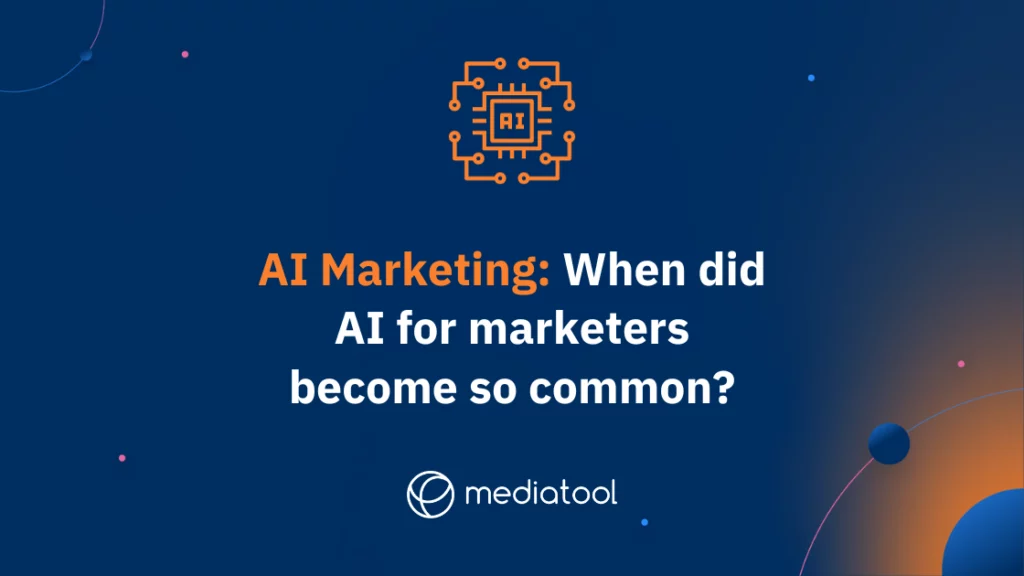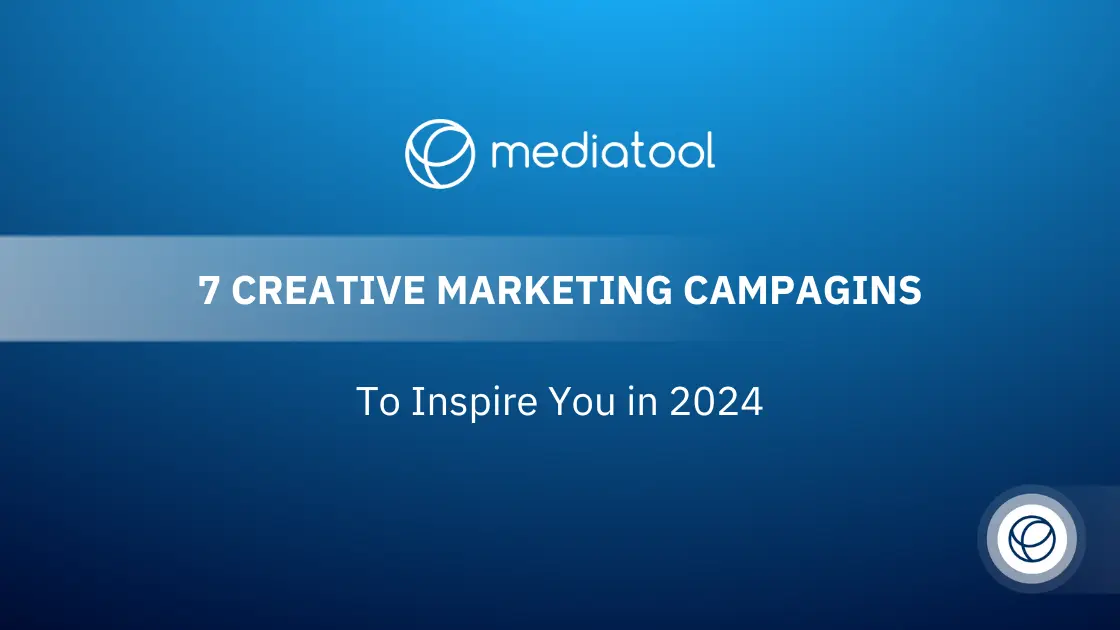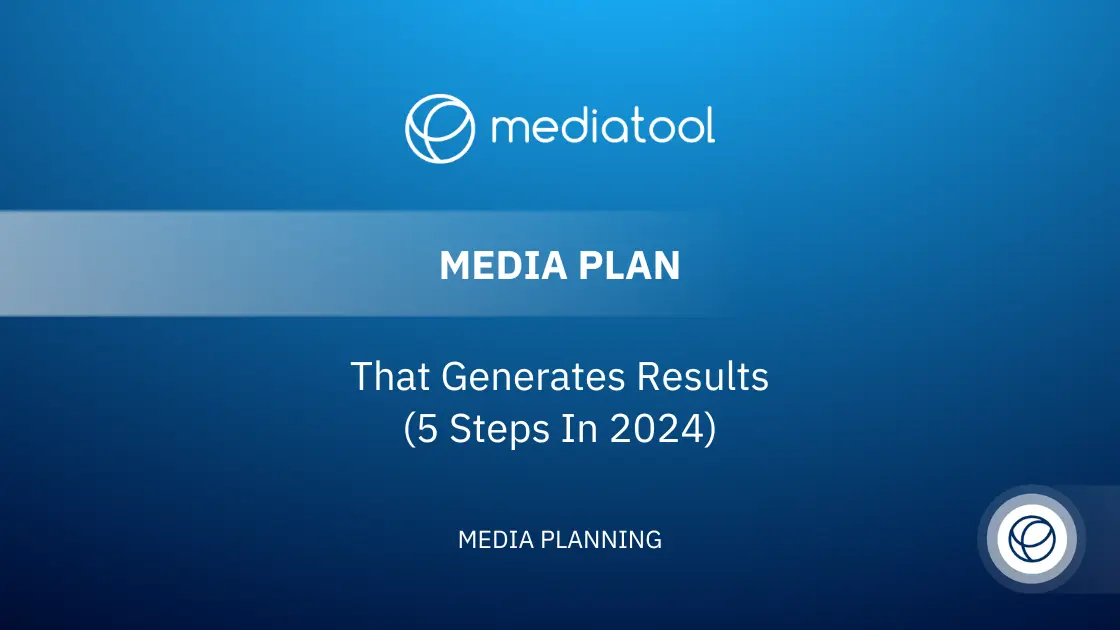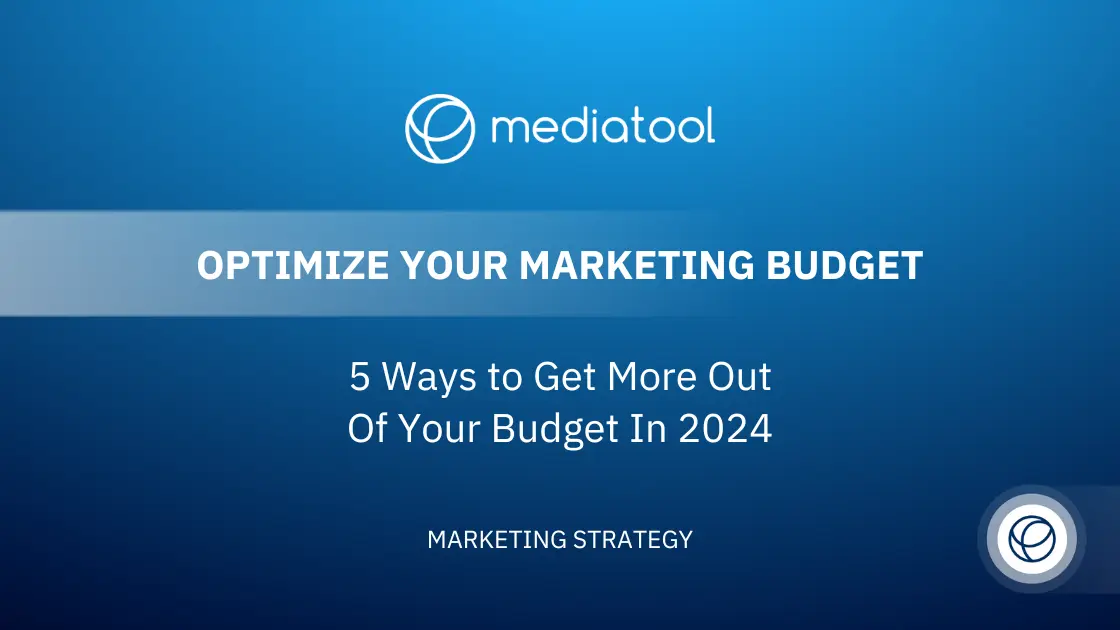Facing challenges reaching your customers in a personal and efficient way?
Does overwhelming data at your fingertips often feel more like a burden than an asset?
If you’re nodding your head, you’re not alone.
Many businesses face this problem – too much data, too little time, and an increasingly demanding customer base. But don’t worry; there’s a solution on the horizon, and it’s simpler than you think. It’s called AI Marketing.
As the world evolves at an unrelenting pace, staying relevant means keeping up with the speed of change. Today’s customers are tech-savvy and data-driven and expect personalized experiences tailored to their needs and preferences. Their demands have escalated to the point that traditional marketing tactics just won’t cut it anymore. A one-size-fits-all strategy is simply not an option. Businesses need to step up their game to remain competitive, and this is where the problem lies.
The need for customized marketing strategies often runs into the harsh reality of overwhelming customer data. You’re bombarded with endless clicks, purchases, likes, shares, and comments, generating potentially valuable data but almost impossible to process and analyze effectively.
This is where the agitation sets in.
You know you need to leverage this data to deliver personalized experiences, but doing so manually is time-consuming and prone to errors.
Fortunately, there’s a way to solve this problem and turn it into your advantage. AI Marketing is your knight in shining armor. This potent blend of artificial intelligence technology and marketing strategies revolutionizes how businesses approach their marketing efforts.
AI Marketing can process and analyze large volumes of data with speed and precision far beyond human capabilities, identify patterns and trends, learn from data, and make predictions based on its learning. It allows businesses to offer personalization at scale, make data-driven decisions, and enhance efficiency by automating routine tasks.
In the following sections of this article, we will explore the ins and outs of AI Marketing, how it’s transforming the marketing landscape, and how businesses can leverage it to outperform their competition.
From the underlying technology to its applications, benefits, challenges, and examples in practice, we’ll get into AI Marketing, offering insights to help you understand this new marketing era and guide your business to success.
So, buckle up and join us on this exciting journey into the future of marketing, where AI is not just a luxury but an indispensable tool for businesses to thrive and succeed.
What is AI Marketing?
AI Marketing is at the forefront of a revolution in the marketing world, where the fusion of cutting-edge artificial intelligence technology with time-honored marketing strategies is creating a new paradigm. This synergy represents a transformative approach, drastically altering the traditional marketing landscape.
By integrating AI tools and techniques, such as machine learning algorithms, natural language processing, and predictive analytics, marketers are now able to unlock deeper insights into customer behavior, preferences, and trends.
In this new era, AI-powered marketing tools are becoming essential components of the marketer’s toolbox. These tools offer capabilities ranging from automated email marketing campaigns and content generation to advanced customer segmentation and targeted ad placements.
The use of AI in marketing enables a level of precision and personalization that was previously unattainable, allowing marketing teams to create more effective and efficient strategies.
The Role of Customer Data in AI Marketing
At the heart of AI Marketing lies customer data. In today’s digital age, every customer interaction, whether it’s a click, purchase, or social media engagement, generates valuable data. The challenge is managing this overwhelming volume of data, which is where AI comes in.
AI’s Capabilities in Data Processing
AI’s strength lies in its ability to process and analyze data at a speed and accuracy far beyond human capabilities. It’s not just about quick data handling; AI excels in identifying patterns and trends, learning from the data, and making informed predictions.
Machine Learning: A Crucial Element of AI Marketing
Machine learning, a vital aspect of AI, plays a pivotal role in marketing. It allows for advanced customer segmentation, predictive analytics of customer behavior, and personalization of content. As it processes more data, its efficiency and accuracy continue to improve, much like a sponge absorbing and utilizing water.
Personalization at Scale
AI Marketing is redefining personalization in customer interactions. Modern customers don’t just appreciate personalized experiences; they expect them. AI Marketing meets this demand by understanding individual needs, preferences, and behaviors, providing relevant and customized content to each customer.
Data-Driven Decision Making
AI also empowers businesses to make data-driven decisions, eliminating reliance on guesswork or intuition. By providing actionable insights derived from rigorous data analysis, it guides businesses towards more effective strategies and tangible results.
Enhancing Marketing Efficiency
Lastly, AI Marketing significantly boosts efficiency. By automating routine tasks, it frees up marketing teams to focus on strategic, creative aspects of their work. This ensures that marketers spend their time where it’s most impactful: in creating engaging and compelling content that truly resonates with the audience.
Benefits of Leveraging Artificial Intelligence for Marketing

Financial Advantages
One of the most compelling benefits of AI Marketing is its financial impact. McKinsey & Co’s research shows that businesses investing in AI experience a revenue increase of 3 to 15 percent and a sales ROI surge of 10 to 20 percent. These figures underscore AI Marketing’s ability to significantly boost financial outcomes.
Data Handling and Analysis
At the core of AI Marketing is its superior capability to manage and analyze customer data. In the realm of digital marketing, where ‘data is the new oil,’ AI steps in to process and convert vast data volumes into actionable insights, a process integral to effective marketing strategies and campaigns.
Enhancing Customer Relationships
AI’s reach extends beyond data management to strengthening customer relationships. A report from Forbes Advisor reveals that 64% of business owners see AI as key to enhancing these relationships, indicating its vital role in reshaping the customer experience and journey.
Personalization and Customer Experience
AI Marketing excels in offering personalized content, with 88% of marketers acknowledging its critical role in customizing the customer experience across multiple platforms. This capability is crucial in today’s marketing landscape, where tailored experiences are not just preferred but expected by the target audience.
Predictive Analytics and Customer Behavior
The use of predictive analytics in AI Marketing allows businesses to anticipate customer behavior and needs. By analyzing purchase history and consumer data, AI provides foresight into future customer actions, enhancing customer engagement and satisfaction while boosting revenue.
Operational Efficiency
An AI Marketing tool also bring efficiency to marketing operations. They automate routine tasks like email subject line generation, content creation, and campaign performance analysis, enabling marketing teams to focus on more strategic aspects of their work.
Informed Decision-Making
AI-driven data analytics and insights support informed decision-making in marketing strategies. By relying on high-quality data rather than intuition, marketing leaders can make more accurate and strategic marketing decisions.
Marketing Campaigns and Strategies
AI Marketing significantly enhances the effectiveness of marketing campaigns and strategies. With AI tools and AI-powered marketing platforms, marketers can execute successful campaigns tailored to the evolving market trends and customer preferences.
Future of Marketing Landscape
In conclusion, AI Marketing, with its deep learning capabilities and AI algorithms, is not just changing but leading the marketing landscape. By leveraging AI technology, businesses can gain a competitive advantage, improve customer satisfaction, and achieve a better brand reputation.
As we look ahead, AI in marketing, with its generative AI and natural language generation abilities, is poised to become an indispensable element of successful marketing strategies.
How Do Marketers Use AI?

Wondering how marketers actually put AI to work? How it’s applied to everyday marketing practices? Let’s break it down. There are numerous ways that AI is revolutionizing the field of marketing. From enhancing customer experiences to optimizing campaigns, AI is a dynamic tool that’s proving its worth across the board.
AI in Ad Targeting
AI’s role in ad targeting is a game-changer. A 2022 survey highlighted that 47% of marketing professionals trust AI to effectively target ads. This trust in artificial intelligence technology underpins its growing importance in digital marketing, particularly in reaching the right target audience with precision.
Customer Segmentation Enhanced by AI
A crucial function of AI in marketing is customer segmentation. AI tools excel in parsing through extensive customer data from web pages, social media interactions, and other digital touchpoints. This capability allows for the division of customers into well-defined groups, ensuring that marketing content is highly relevant and targeted.
Personalization: The Heart of AI Marketing
Personalization stands as a cornerstone of AI marketing strategies. AI’s ability to analyze customer behavior and preferences results in highly personalized customer experiences, from product recommendations to tailored email subject lines.
This level of personalization, driven by AI algorithms, is crucial for customer satisfaction and engagement.
Predictive Analytics: Anticipating Customer Needs
Predictive analytics, a facet of AI, empowers businesses to foresee and act on customer needs. By analyzing past purchase history and online behavior, AI provides insights that are vital in crafting anticipatory marketing efforts and strategies.
Optimizing Marketing Campaigns with AI
AI significantly elevates the effectiveness of marketing campaigns. Marketers leverage AI tools for data analysis, campaign performance tracking, and real-time adjustments, ensuring optimal allocation of resources and maximized ROI.
Content Creation and AI
AI’s role extends to content creation, encompassing everything from generating engaging social media posts to crafting effective marketing content. These AI-powered tools aid in maintaining brand language consistency and optimizing content for better customer engagement.
Streamlining Marketing Operations
AI also simplifies and streamlines marketing operations. Tasks such as managing automated email marketing campaigns and other routine activities are efficiently handled by AI, freeing marketing teams to focus on more strategic aspects like market trends analysis and marketing strategy development.
AI Marketing Tools: Enhancing Team Capabilities
The adoption of AI marketing tools is widespread. A survey conducted by Gartner revealed that 63% of marketing leaders are planning to invest in generative AI within the next two years. This underscores AI’s pivotal role in enhancing the capabilities of AI marketing teams and reshaping the marketing landscape.
AI in marketing is more than just a tool; it’s a transformative force. From offering valuable insights to crafting personalized customer journeys, AI is integral in modern marketing strategies. Its capacity to analyze customer data, coupled with machine learning and natural language generation, positions AI as an invaluable asset for marketing leaders looking to drive their brand forward in a competitive digital age.
Examples of AI Marketing
Alright! Time for some real-world examples. These cases will bring AI Marketing to life, proving it’s not just a high-tech dream but a present reality shaping how businesses interact with their customers.
Netflix: Personalization Through Machine Learning
Netflix sets a high bar in AI Marketing, using machine learning to sift through viewer history and preferences, thereby providing highly personalized show and movie recommendations. This not only enhances the customer experience but also boosts viewer retention and engagement.
Additionally, Netflix’s AI algorithms help in understanding market trends and consumer data, leading to more successful content marketing strategies and the development of new shows and movies that align with viewer interests.
Spotify: Tailoring Music to Listener Preferences
Spotify uses AI to analyze listening patterns, creating playlists like “Discover Weekly” to introduce users to new music. This AI-powered personalization extends beyond playlists; it also helps in identifying and promoting emerging artists, thus constantly refreshing the music library.
The AI engine at Spotify is a critical tool for digital marketing, helping to maintain a competitive edge by continually adapting to changing music trends and listener preferences.
Amazon: Predictive Analytics in E-commerce
Amazon’s AI technology excels in predictive analytics, using customer data to suggest products and manage inventory. Their AI tools analyze browsing and purchasing behavior, providing valuable insights that drive marketing strategies and enhance customer satisfaction.
This use of AI in marketing at Amazon extends to automated email marketing campaigns, offering personalized content that increases conversion rates and strengthens customer relationships.
Starbucks: AI-Enhanced Customer Offers
Starbucks’ AI system, “Deep Brew,” personalizes marketing by tailoring recommendations based on various factors. This AI-powered approach optimizes customer engagement and satisfaction, as offers are closely aligned with individual preferences and circumstances.
Starbucks leverages AI for strategic marketing decisions, using customer insights to develop new products and enhance the overall brand experience.
AI-Powered Chatbots in Various Industries
Across industries, AI chatbots are revolutionizing customer service and engagement. These tools, with natural language processing capabilities, not only provide immediate customer support but also gather valuable data on customer behavior and preferences.
This data is crucial for marketing teams, helping to refine AI marketing strategies and create more targeted, effective marketing content that resonates with the customer base.
AI’s Expanding Role in Marketing
The role of AI in marketing is rapidly expanding, with many marketers now utilizing AI tools for creative and strategic processes. AI’s ability to generate content, coupled with its data analysis and predictive capabilities, makes it an invaluable asset for marketing teams.
This widespread adoption of AI in marketing is leading to more personalized customer journeys, efficient marketing operations, and innovative marketing campaigns that are more aligned with customer needs and market dynamics.
AI Marketing Pros and Cons
So, we’ve been singing AI Marketing’s praises, but let’s not get too starry-eyed. Like any technology, AI comes with its share of pros and cons. It’s essential to be aware of these to make informed decisions. So, without further ado, let’s dive in!
The Advantages of AI Marketing
Enhanced Data Analysis
AI marketing tools, with their advanced machine learning capabilities, excel in data analysis. The speed and accuracy with which they process large volumes of consumer data translate into more effective targeting and engagement strategies, ultimately boosting customer relationships and sales.
Personalization at Scale
AI technology’s ability to offer personalized experiences is unprecedented. Through AI-powered tools, businesses can deliver content tailored to individual preferences and behaviors, significantly improving the customer journey and brand reputation.
Predictive Analytics and Proactivity
AI’s predictive analytics allow businesses to anticipate customer needs, leading to proactive and strategic marketing decisions. This foresight is invaluable in maintaining a competitive advantage in the rapidly changing marketing landscape.
Operational Efficiency
AI marketing tools automate various tasks, from generating email subject lines to analyzing campaign performance. This automation frees marketing teams to focus on creative and strategic aspects, enhancing overall marketing efforts.
Data-Driven Decision Making
AI provides valuable insights that drive data-driven decision-making, ensuring that marketing strategies are based on high-quality data and deep learning analysis. This leads to smarter, more effective marketing programs and campaigns.
The Challenges of AI Marketing
Technical Complexity
Implementing AI in marketing can be complex and requires a certain level of technical expertise, especially when integrating AI tools with existing tech stacks and marketing platforms.
Data Privacy Concerns
With AI processing vast amounts of customer data, businesses must navigate the intricacies of data privacy and ensure compliance with regulations, maintaining customer trust and safeguarding brand reputation.
Potential for Errors
AI is only as good as the data it receives. Biased or flawed data can lead to errors in AI-driven decisions, necessitating a careful approach to data analytics and content generation.
Job Displacement Worries
There’s a growing concern about AI replacing human roles in marketing. However, while AI can handle many tasks, the need for human creativity, strategic thinking, and emotional intelligence remains crucial in marketing.
AI Marketing, with its array of tools and technologies like AI engines, natural language processing, and generative AI, is transforming the marketing field. However, it’s vital to use AI ethically and responsibly, balancing its benefits with potential challenges. As we embrace AI, we must also invest in strategic marketing decisions, brand management, and continual learning to adapt to the ever-evolving digital marketing environment.
Selecting an AI Platform for Marketing
Alright, we’ve reached the finish line. You’re sold on AI Marketing, aware of the pros and cons, and ready to dive in. But wait! How do you choose the right AI platform for your marketing needs? It’s like shopping for a new car. You’ve got a lot of options, and they all seem great, but which one is the right one for you?
Let’s break it down.
Before you start shopping around, you need to understand your needs. What are your marketing goals? What tasks do you want to automate? What kind of data are you working with? A clear understanding of your needs will help you identify the features you should look for in an AI marketing platform.
Consider the ease of use. A platform that’s hard to navigate or requires advanced technical skills may not be the best fit, especially if your team isn’t tech-savvy. Look for a platform that’s user-friendly and provides good customer support.
Integration capabilities are also important. Your AI platform should be able to integrate with your existing marketing tools, CRM systems, and data sources. This will allow you to streamline your operations and maximize your data.
Next, think about scalability. Your business will grow (we’re rooting for you!), and you want an AI platform to grow with you. Look for platforms that can handle increasing amounts of data and offer additional features as your needs become more complex.
Data security is crucial. With AI processing massive amounts of customer data, you must ensure your platform follows best practices for data security and complies with relevant data protection laws.
Finally, consider the cost. As with any business investment, cost is a significant factor. Make sure you understand the pricing structure, what’s included, and whether there are any additional costs for extra features or services.
Remember, the best AI platform for marketing isn’t necessarily the one with the most features or the highest price tag. It’s the one that best fits your needs, aligns with your goals, and can grow with your business. So, do your homework, ask the right questions, and you’ll find your perfect match.





